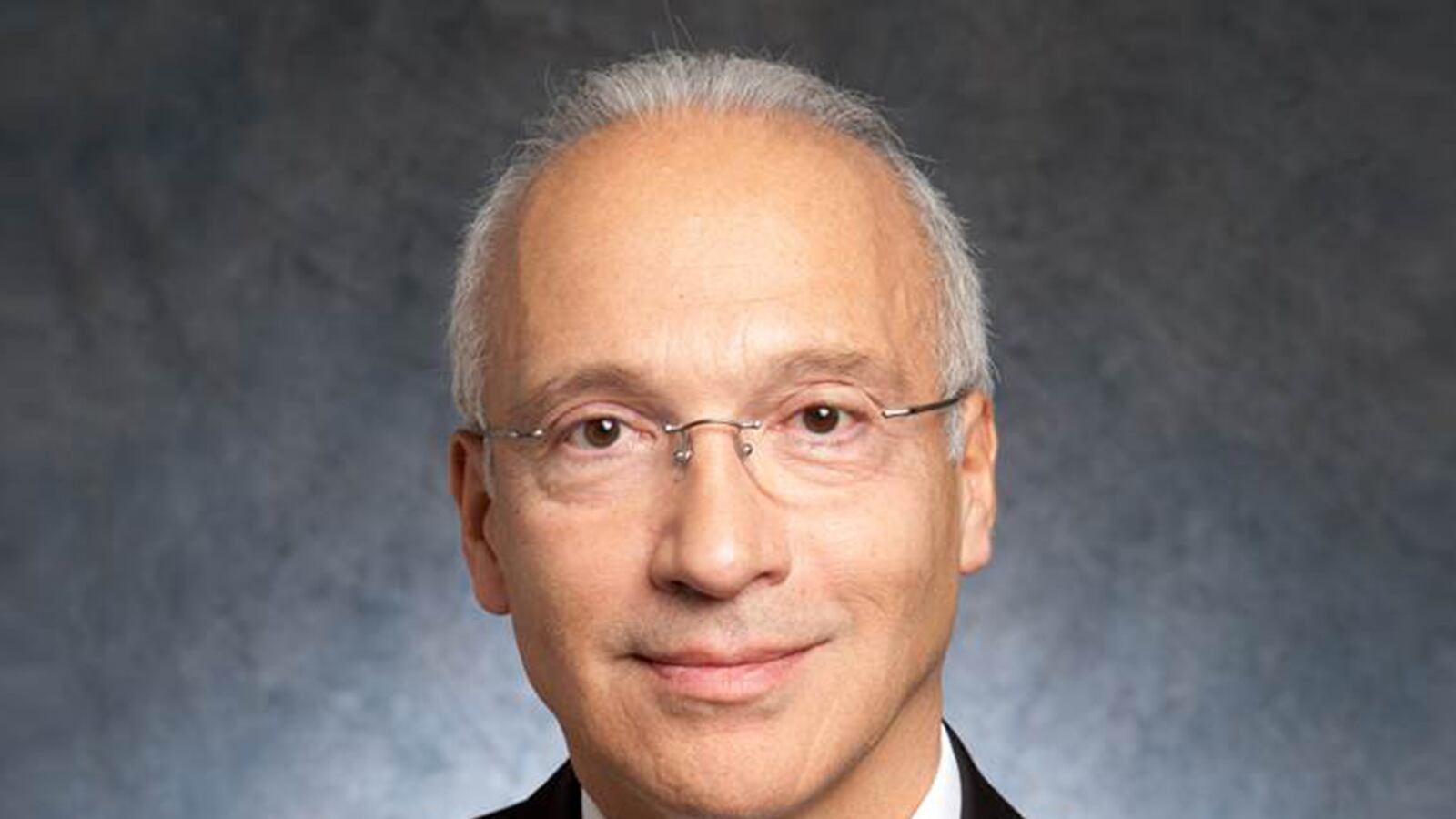SAN DIEGO — Although we live in the same city, I’ve never met U.S. District Court Judge Gonzalo Curiel. And yet, I feel like I know him pretty well. You see, in one respect, we’re living the same life.
Like most of the estimated 34 million Mexican-Americans in the United States, we’re seen as Mexicans in America, but Americans in Mexico.
We’re proud of our heritage and revere our forebears who came from Mexico—Curiel’s parents, my grandfather. Yet, we’re sure that we belong in this country as full-fledged Americans.
That is, until, someone tries to put us in our place by reminding us that we’re still only “Mexican.”
That’s how Trump clumsily referred to Curiel, who was born in Indiana. Commentators pointed to the fact that the judge was U.S.-born to explain why Trump’s comments were out of bounds. So if Curiel had been born in Mexico and been a naturalized U.S. citizen, would Trump’s comments have been any less offensive?
Personally, I wasn’t troubled by Trump’s casual use of the word “Mexican.” That word is an old family friend. I heard it throughout my childhood. It’s a loose synonym for the phrase, “Mexican-American.” And it sounds like the ethnic descriptors that people use in other parts of the country—“German” in Wisconsin, “Italian” in New York, “Irish” in Massachusetts.
In fact, I distinctly remember the last time I heard someone call me a “Mexican.” It was my senior year in high school. It’s a good story. I’ll share it with you in a minute.
First, let me tell you a little about the 12 years leading up to that moment. My parents moved our family into a nice neighborhood, walking distance to my elementary school. My childhood friends were white and Asian-American. In class, I was tracked into high-performing sub-groups where I was often the only Mexican-American. In junior high school and high school, I took the toughest courses available and excelled in them, again alongside classmates who were mostly white and Asian-American.
Walking down high school hallways, I would pass by less fortunate Latino classmates who were being tracked in the opposite direction. Some of them would wind up in prison, others in dead-end jobs. Occasionally, I’d hear that one of the Latinos had suggested I “wanted to be white.”
So imagine my surprise when, in the spring of my senior year, I learned that I wasn’t.
My white classmates and I applied to Harvard. I got in, they didn’t. One of my best friends, whose grades weren’t as good as mine, surmised this grave injustice was due to affirmative action. And so he told me: “If you hadn’t been Mexican, you wouldn’t have gotten in.”
Great. So now I was Mexican. When in hell did that happen, I wondered.
Of course, that was far from the last time it happened to me.
And I suspect the Trump brouhaha wasn’t the first time it happened to Judge Curiel.
I wonder if sometimes he gets the same urge I do—to throw up my hands and shout out to America:
What more do you want from me?!
I’ve worked hard, played by the rules, excelled, assimilated, acculturated, gone along, gotten along, tried to be responsible. Yet, just when I think I’m free to be what I want and think how I please, someone puts me on the margin.
I have spoken to the San Diego La Raza Lawyers Association, where Curiel is a member. It is a professional organization of mainstream attorneys and judges. Latinos who mostly went to private colleges, live in the suburbs, and speak English better than Spanish.
If nativists envision a gang of Pancho Villa-types with law degrees, they have it all wrong.
The reason Trump is so interested in Curiel’s ethnicity is that the judge is presiding over a class-action lawsuit against Trump University. The defendant took out an insurance policy by insisting that Curiel, a U.S.-born American of Mexican descent, is culturally predisposed to be unfair to him. If Trump loses, he can cite Curiel’s ethnic background as the reason.
As Trump sees it, the problem is that Curiel is a “Mexican.” (Trump, it should be noted, has seen that “problem” before.) The presumptive Republican presidential nominee who wants to build a 2,000-mile-long wall between Mexico and the United States thinks this policy idea will cause friction between him and the judge, even if Curiel’s connection to Mexico is rather sketchy.
After all, before he took the bench, Curiel was a federal prosecutor who put Mexican drug traffickers in prison. His life was threatened, and he spent a year under federal protection.
By comparison, my trials as a Latino journalist have been a walk in the park. Still, I’ve had to endure things that my white colleagues will never experience.
Once, a reader suggested that having me express my opinion about what to do with Mexican immigrants was like “having the Germans help plan the D-Day invasion.”
Another time, during an argument with one of my bosses on an editorial board, where I was defending Mexican immigrants who were preyed upon by a district attorney whom she backed, my boss accused me of being “full of piss and vinegar—and hot sauce.”
Another reader, frustrated by my attack on some half-baked anti-immigrant measure, accused me of wanting an open border so “your cousins can come in.”
Then there was the time a newspaper editor in the Northeast, when approached by the sales team at my syndicate about taking my columns, demanded to know how I felt about illegal immigration. The sales team had a perfect response. “Well, it’s illegal—so we think it’s a safe bet that, as the son of a retired cop, he’s against it.”
And lastly, during the 2002 Texas gubernatorial race where incumbent Rick Perry faced off against oil and gas mogul Tony Sanchez, I was viewed suspiciously for earning early access to Sanchez. That ruffled the feathers of veteran political reporters at my newspaper and prompted political consultants in Perry’s camp to call me in a huff and threaten to complain to my boss. Apparently, only white journalists are allowed to forge personal relationships with political candidates. When Latinos do it, it’s nefarious.
All these annoyances kept me humble, gave me perspective, and reminded me that, to some people, I’m just another Mexican. Fine by me. I’m proud of my heritage, culture, and background. And none of that interferes with the fact that I love this country—my country—more than words can express. And no ignorant bigmouth can take that from me.
I suspect Judge Curiel feels much the same way.






